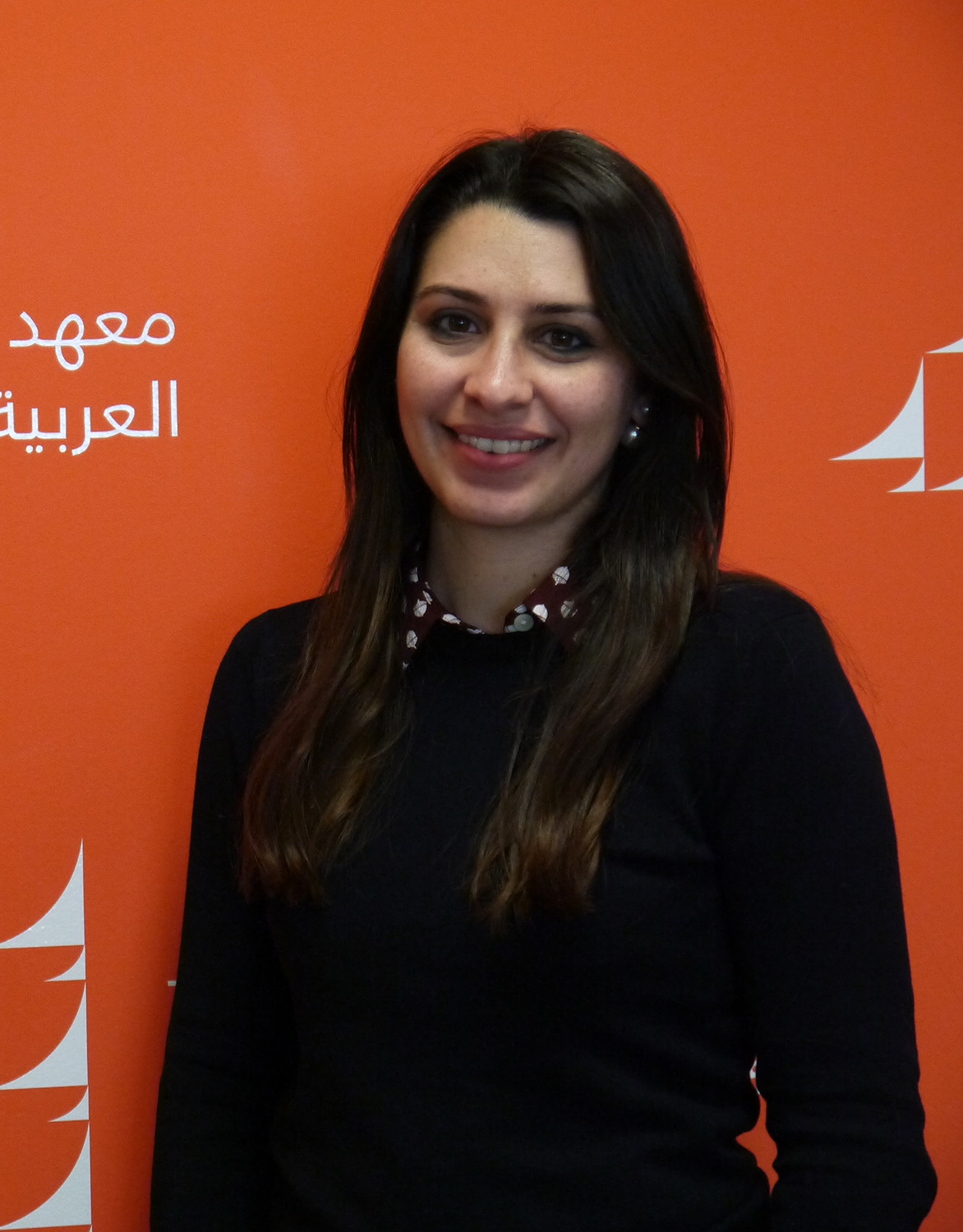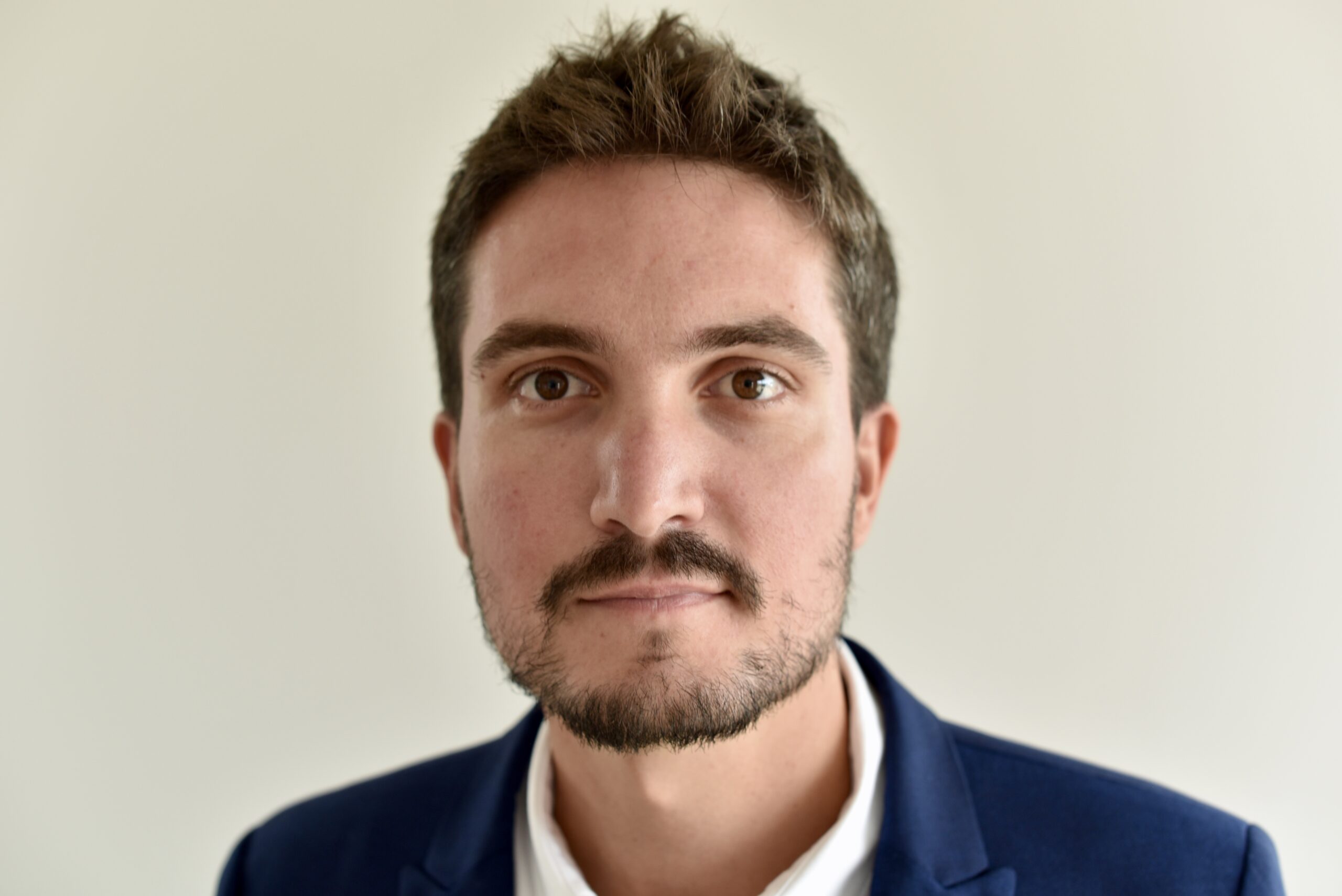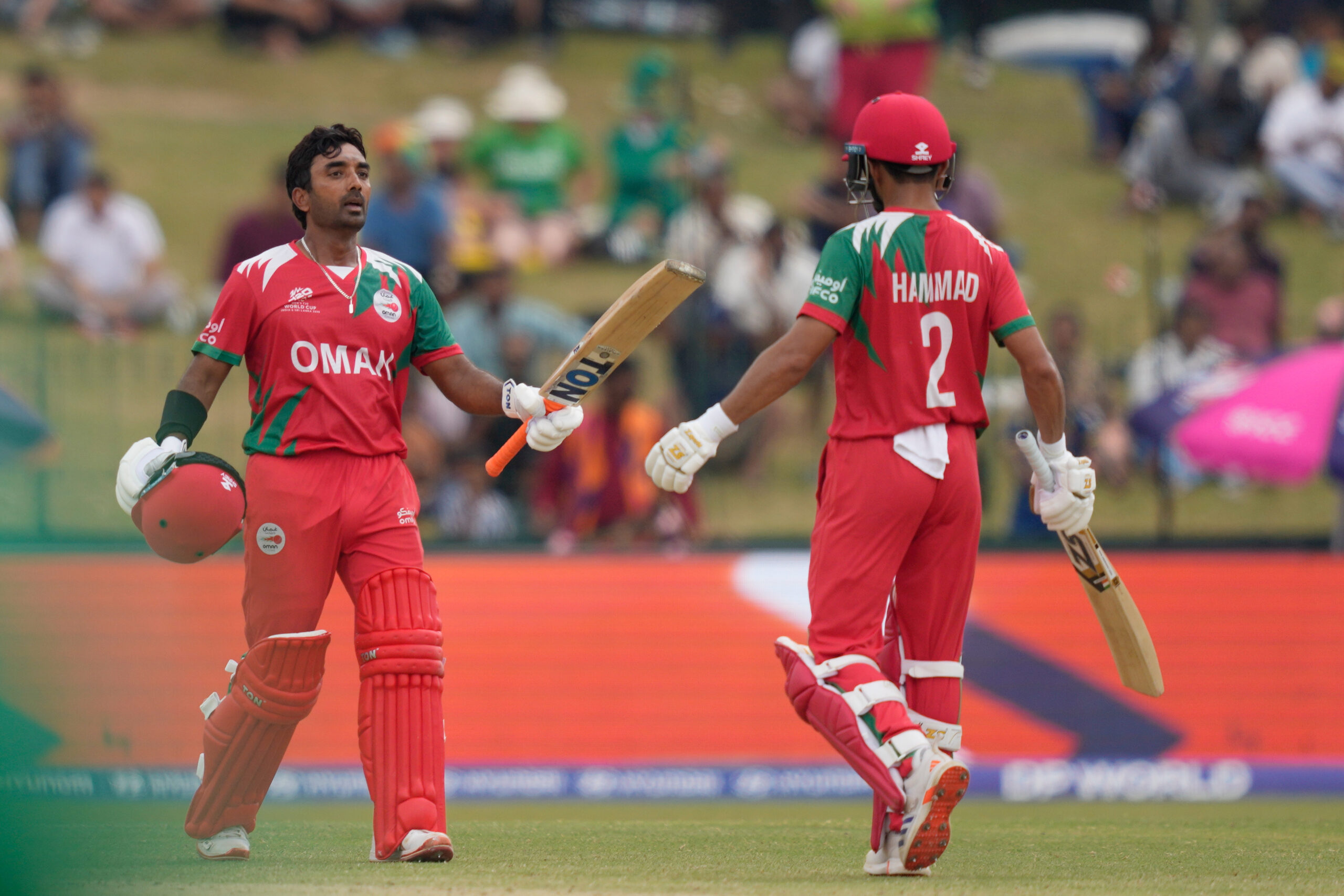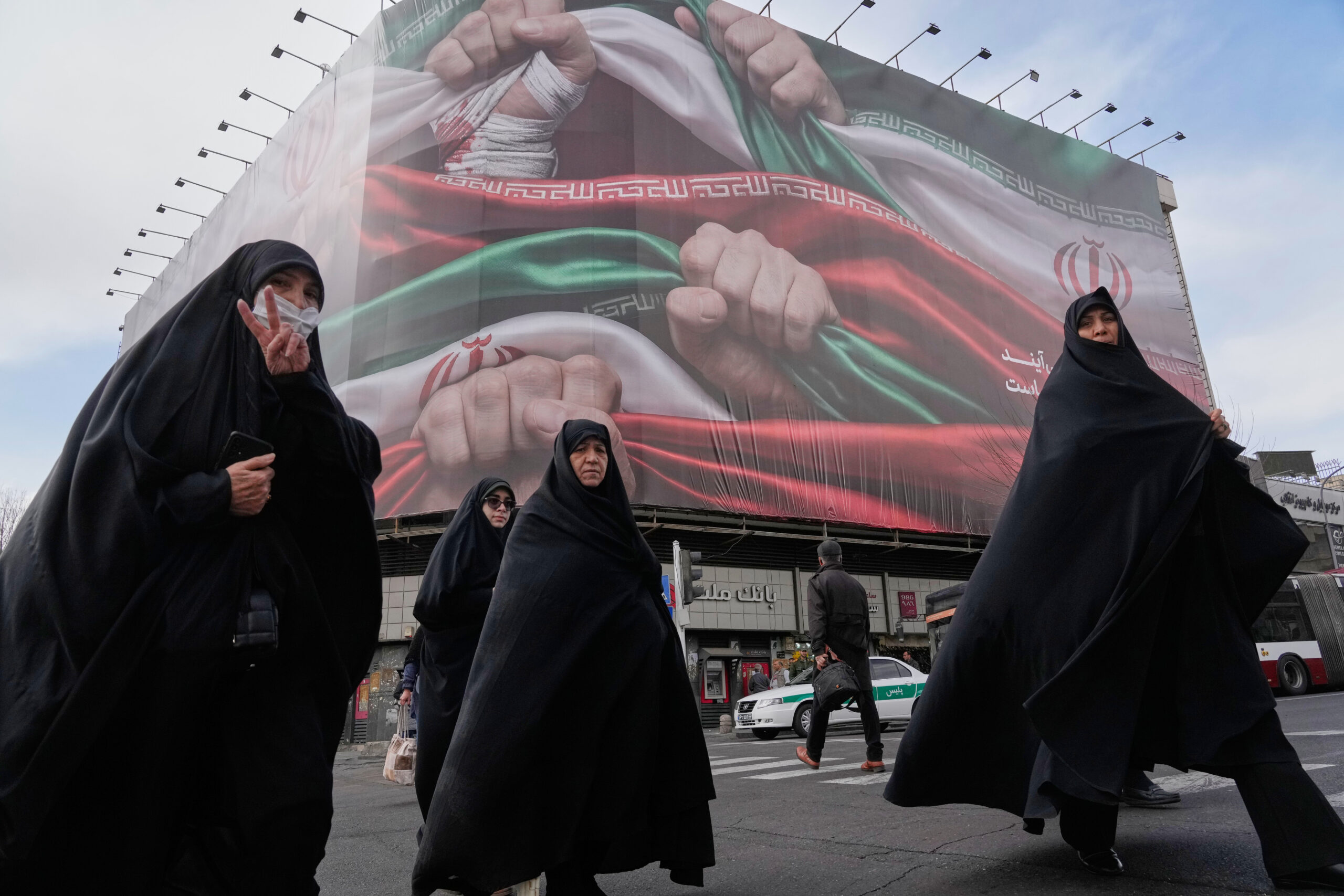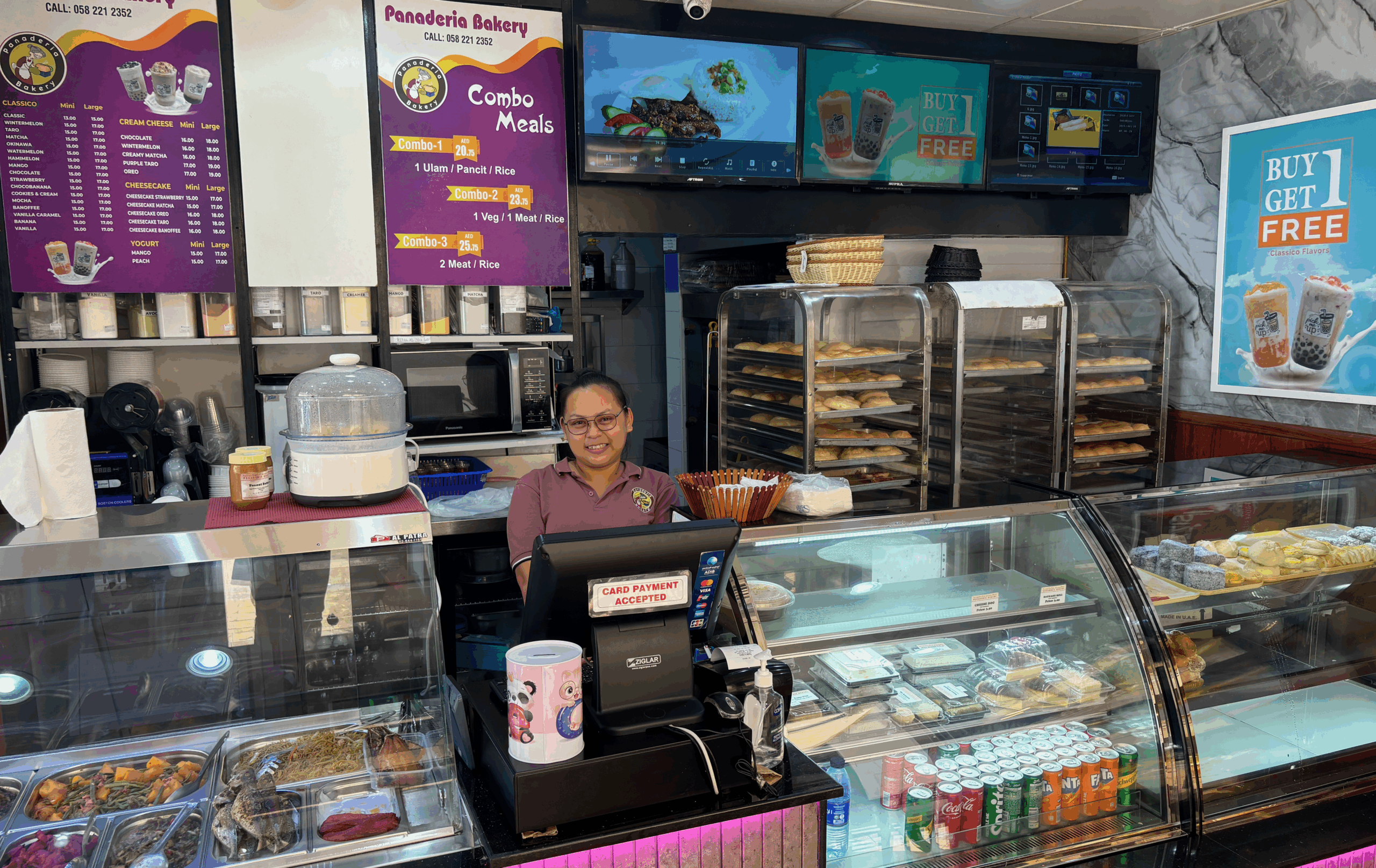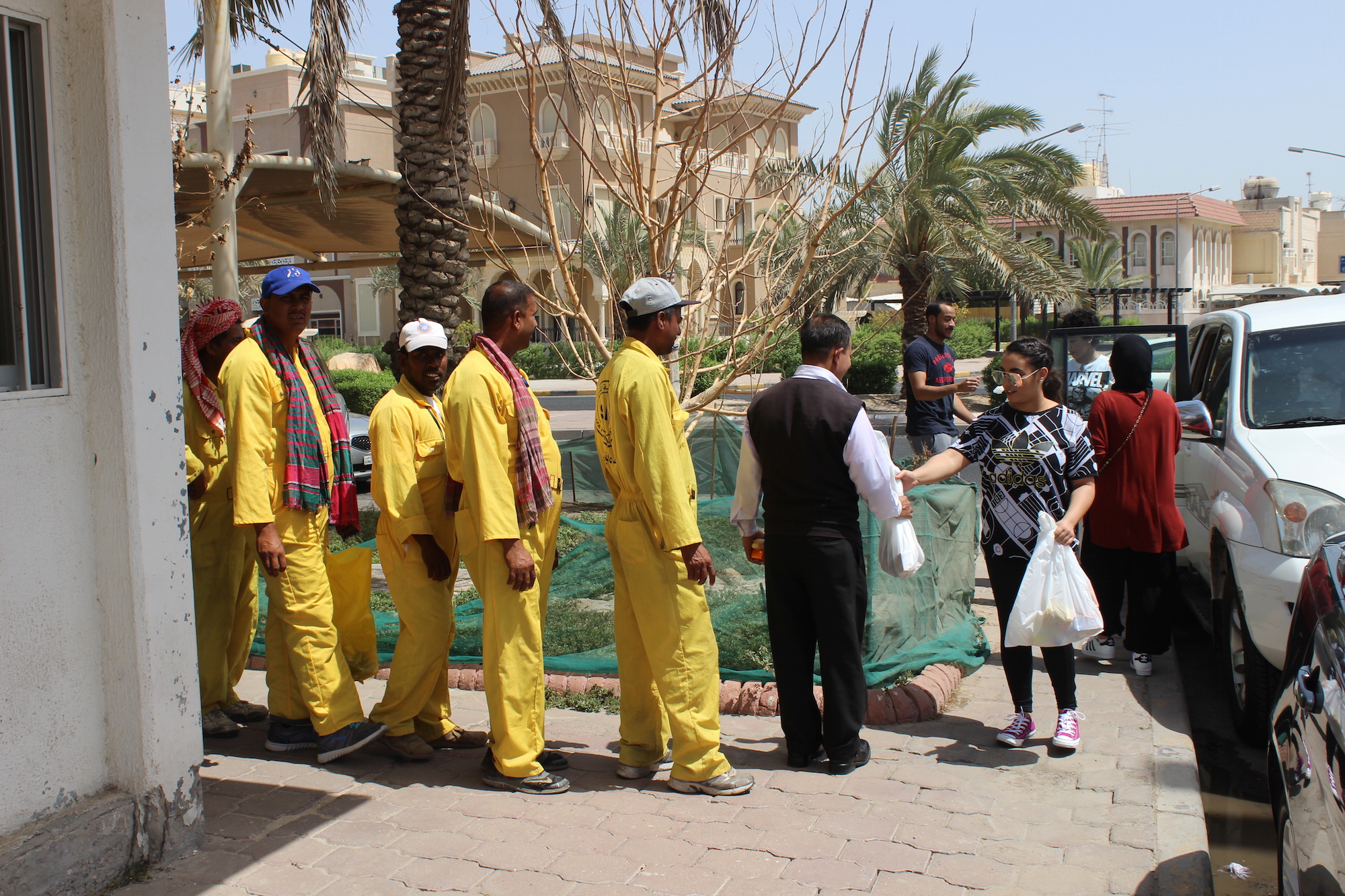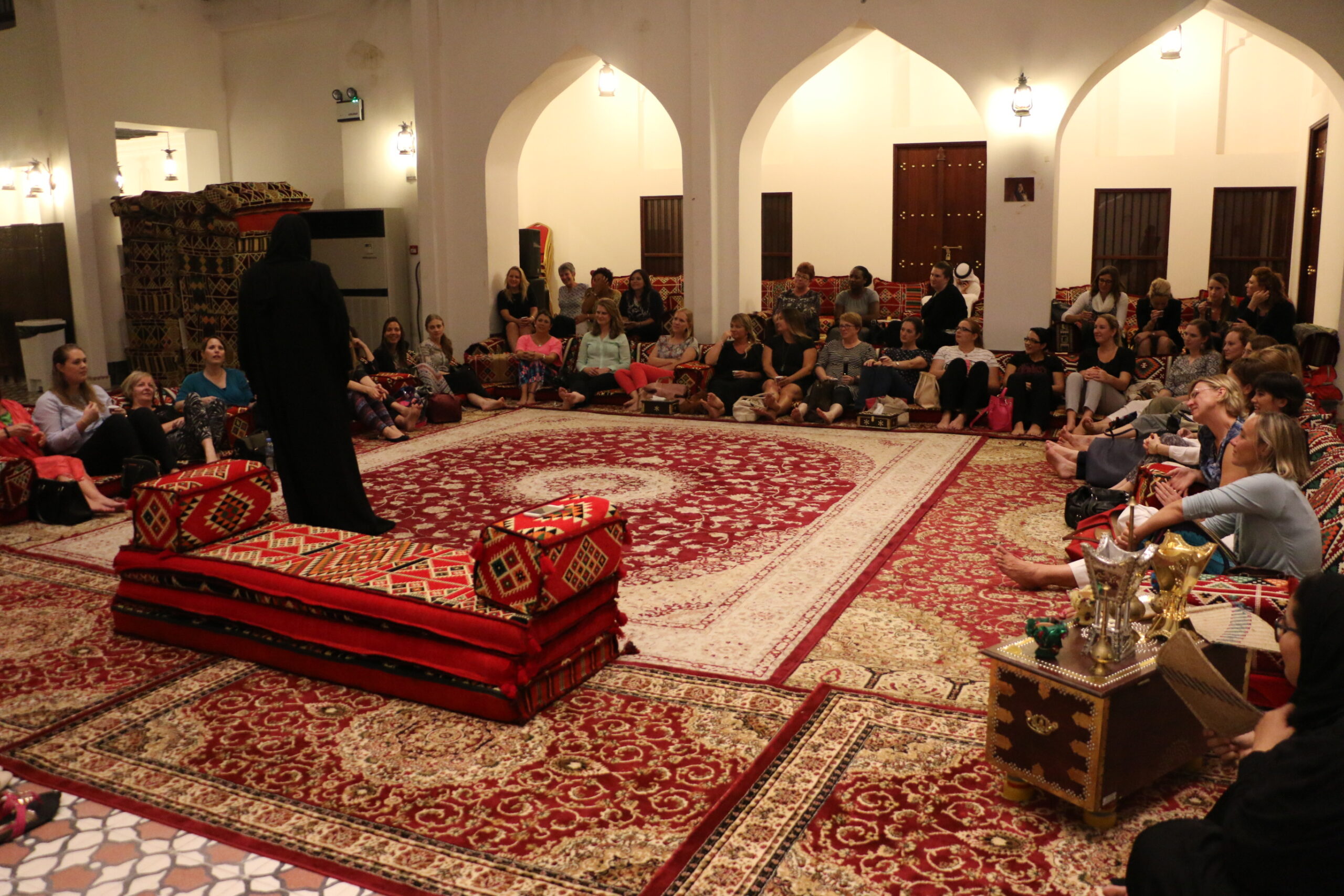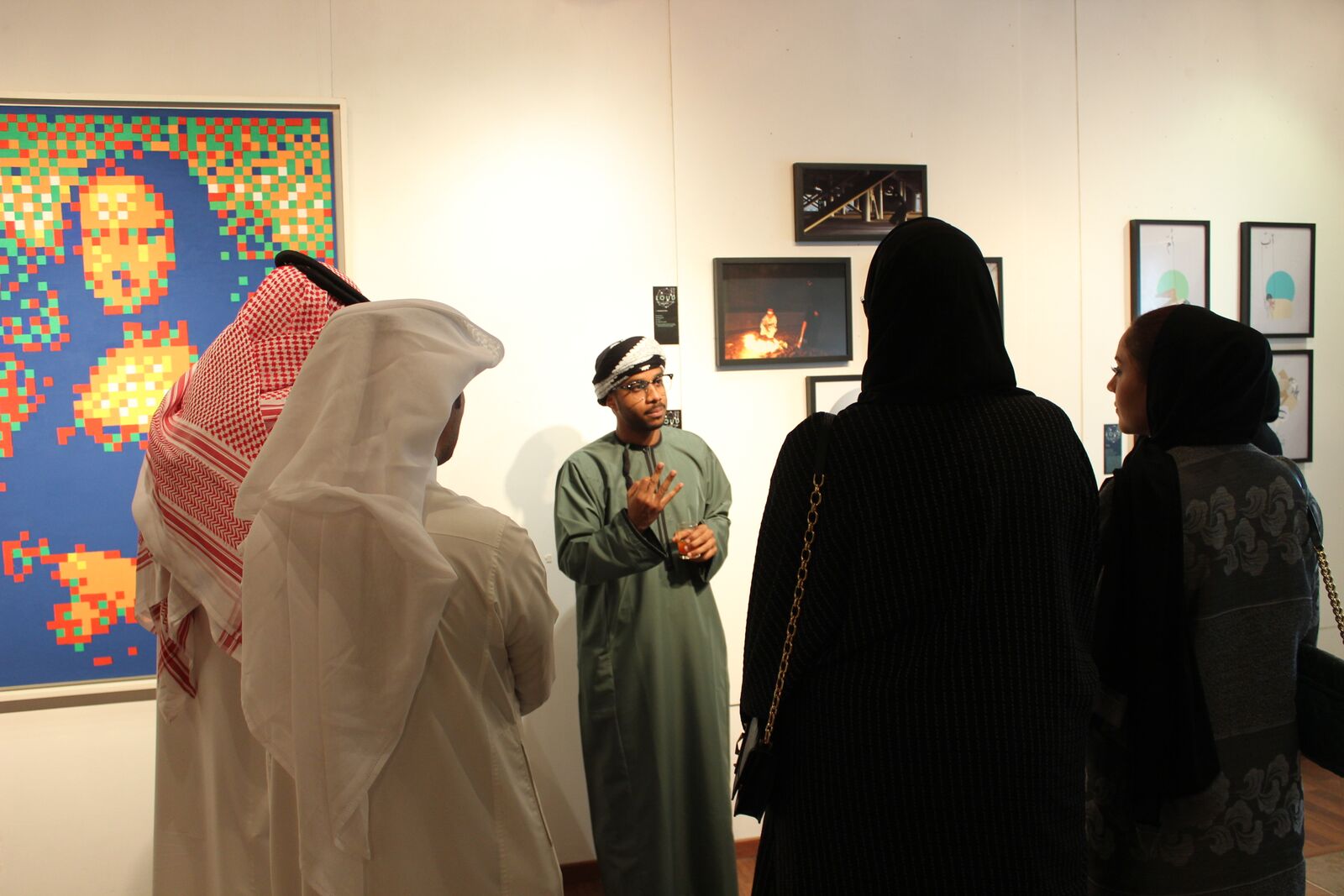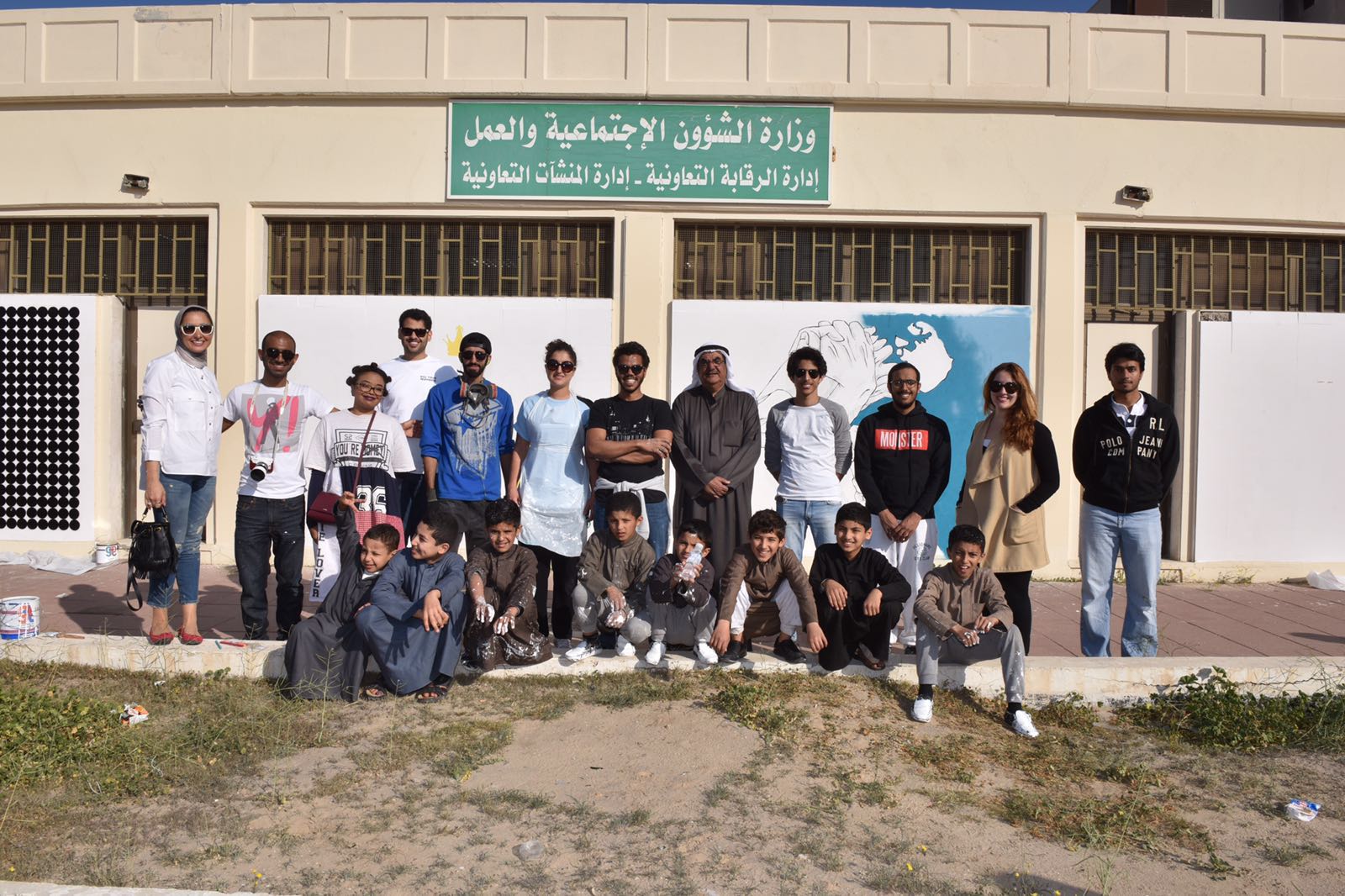Riyadh Writing Club: Empowering Female Writers
When Hala Abdullah started the Riyadh Writing Club with her best friend, Mashael Alblehed, in 2009, they had in mind an easy way to meet and get inspired by other writers. Six years later, the small writers’ club has blossomed into a monthly meet-up where dozens of young female writers gather to discuss writing projects...
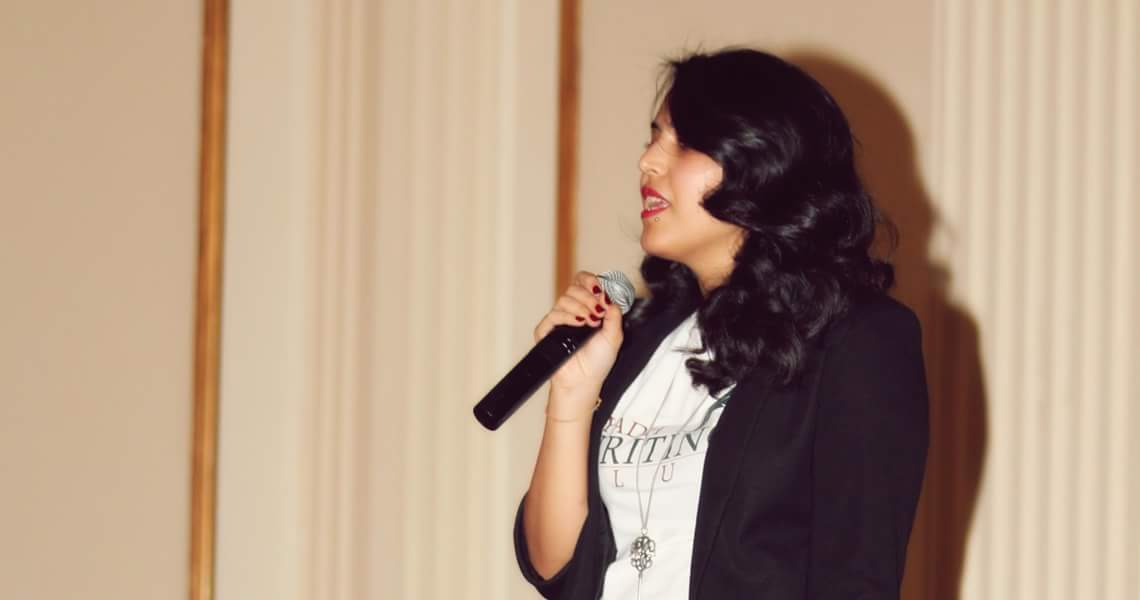
When Hala Abdullah started the Riyadh Writing Club with her best friend, Mashael Alblehed, in 2009, they had in mind an easy way to meet and get inspired by other writers. Six years later, the small writers’ club has blossomed into a monthly meet-up where dozens of young female writers gather to discuss writing projects and share feedback. The club has also spurred the start of similar writing clubs in Jeddah and in Kuwait. The founders view the club as a way to empower young female writers in a place where both resources for writers and venues for young women to be heard are scarce, though very much in demand.
Hala, a 24 -year-old who has been writing since she was 15, studied marketing and now works in advertising. Speaking with AGSIW, Hala discusses how the Riyadh Writing Club evolved into what it is today, the desire of Saudi teenage girls to be heard, and the environment in Riyadh for writers like her.
AGSIW: How did the Riyadh Writing Club start and what was the motivation behind it?
Hala: I was going through a tough time in my life – I felt very lonely in what I loved to do, which was writing. In my immediate family and circle of friends, very few understood this passion. At one point I decided I wanted to take it to the next step. I called my best friend, Mashael, and said to her, “Let’s start a writing club.” I didn’t even know what that entailed at that point; I just wanted to be around more writers. We sat down together and decided how it would work and what we would do in the club. The next step was finding people to join. We went on social media; we started looking for people who might be interested, friends, and whomever we came across. Our first meeting was just me, Mashael, and two other girls. We made up the rules as we went. We met other girls and the second meeting had more people and it kept growing.

Riyadh Writing Club founders Hala Abdallah and Mashael Alblehed.
AGSIW: In addition to your personal interest, did you and Mashael have a larger goal in mind when you started this?
Hala: At first it was just about the writing, but then it became about being heard and having a voice. Most of our writers are really young girls who feel that they are unheard and no one listens to them. This is a way for us to empower them, to let them know that their stuff is out there and show them that people are listening and reading their work.
AGSIW: How did the branch groups in Kuwait and Jeddah start?
Hala: At one point, we decided we wanted to do an event, to get the girls on stage and perform their work – be it poetry or prose or whatever they wrote. We did it once in Riyadh; we weren’t able to do it again because we weren’t able to find any other venues that were willing to host such a thing. It was a bigger success than we thought it would be – actually there were about 400 people in the audience. After that we got a lot of questions from around the Gulf, people asking how they could join. Our restriction was that our meetings were physical so we couldn’t accept writers who were not in Riyadh or weren’t female, so we started to try and expand. We went to Kuwait; we went to Jeddah; we tried going to Dubai. We kept getting, and still get, a lot of requests from people around the Gulf who want to start sister clubs. I was in Kuwait and Jeddah for their first meetings. The sister clubs operate totally independent of us; we help with the starting up process so we show them how to manage and run it and when they have questions they refer to us.
AGSIW: Is there an interest in doing more public performances in Riyadh?
Hala: We are definitely interested. We have done some in Kuwait where it’s in demand to have these kinds of events. That club gets asked to do them without having to seek it out. They do a lot of events there because Kuwait is a lot more open and encouraging for this sort of thing, so whenever I can attend or get my girls to go and perform, we fly over there. Here it’s different; we’ve contacted a few places and hotels to give us their space but it didn’t work because they charge or they want us to have people pay for tickets, which is the exact opposite of what we are trying to do.
AGSIW: Walk us through one of your meetings, how does it proceed?
Hala: We meet once a month except during the summer or during big holidays when many of the girls are traveling. We start with us reading our pieces out loud, in turns that members are comfortable with, so whoever wants to start can start and we go around so everyone gets a chance to read her piece. Then we talk about our pieces – why we wrote what we did, what inspired us… whatever we have to share about the piece or nothing at all if that’s what the member is comfortable with. After that, we choose a project for next time. The selection process has to be unanimous so everyone gets a chance to suggest whatever topic she wants and can veto topics she wants to avoid. If we have long breaks, like in the summer, we don’t go for simple prompts. For example, we create a character we all write about and try to challenge ourselves. So these projects are more complex because we have more time and can put forth more effort.
AGSIW: What type of writing trends do you see and what topics are the girls writing about?
Hala: Predominantly poetry but there is a lot of prose as well. We have a girl that writes rap songs; one is writing a novel so each month she takes our prompt and turns it into a chapter in her book and ties it into her story. The girls are free to write whatever they want – we tell them even if it’s a line or two and they can’t come up with anything else, that’s fine too.
Not surprisingly, since most of our members are teenage girls, the most common theme is love and romance. But you have a lot of politics too – angry girls writing about not being able to express themselves or having laws that do not protect them, so there’s a lot of feminism in there as well.
AGSIW: Since you started in 2009, how has the landscape for writers changed in Riyadh?
Hala: Definitely the rise of social media has changed the way our members write. They feel freer to write what they want; they are more confident. Some of our youngest writers have already published online. When we started back in 2009, they were more conservative, shy, and worried. It’s different now; there has been a shift in confidence.
AGSIW: Is that due to the club’s impact on the girls or is it in part due to a general opening of space for creativity in Riyadh?
Hala: I would say both. I see the changes in members from the first time they come to meetings to their fourth or fifth time. There is always a lot of shaking, stuttering in their first few meetings and then you see their confidence grow. They become proud and confident; their voice and tone change with their comfort. They feel like they do have the right to speak their innermost thoughts – which is not an easy thing.
AGSIW: You started so small and since then the club has grown in other places and countries. What vision do you have for the groups?
Hala: All I can hope for is that one day it will be a stepping stone for me and the girls. I can’t wait to see them grow and flourish in the future. I can see the potential they have. I hope that others notice that our girls have talent, that we have passion, and one day, we will be heard.
Follow the Riyadh Writing Club on Twitter and Facebook and check out their website to read members’ projects.
The views represented herein are the author's or speaker's own and do not necessarily reflect the views of AGSI, its staff, or its board of directors.
